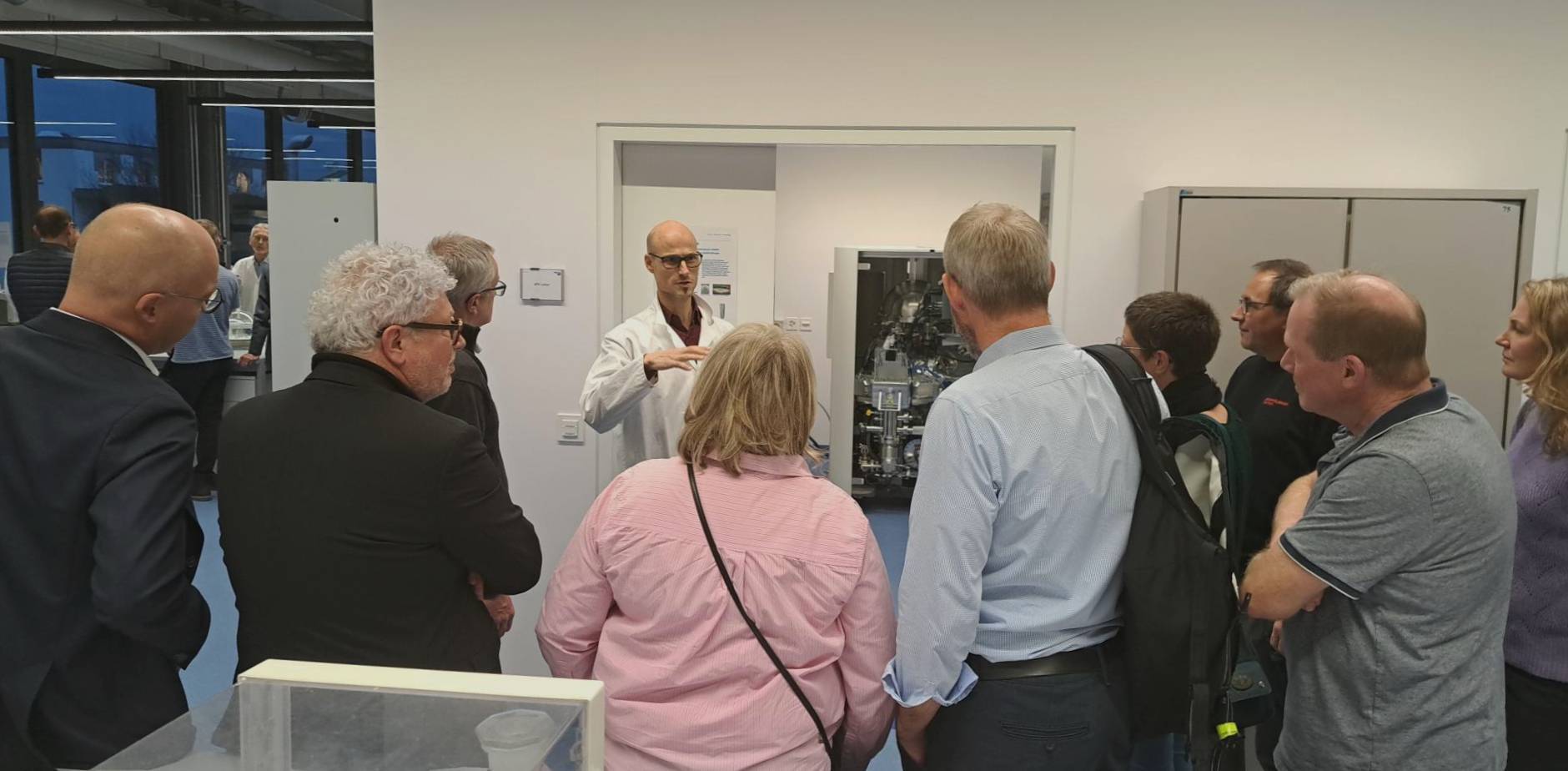RMS Foundation
Robert Mathys-Strasse 1
2544 Bettlach
Switzerland
Phone +41 32 644 2000
In calorimetric analysis using Differential Scanning Calorimetry (DSC), enthalpy changes in a sample are measured during heating or cooling or at a constant temperature.
The method enables both the determination of the temperatures at which enthalpy changes occur (e.g. the glass transition, crystallization and melting temperature of polymers) and the quantitative measurement of the associated reaction energy. Investigations can be carried out under different gas atmospheres and heating or cooling rates.
Whenever possible, we carry out our testing services in accordance with or based on these international standards:
We use Differential Scanning Calorimetry (DSC) for the following material tests, among others:
Yes, DSC measurements are validated and accredited according to ISO/IEC 17025.
AnselmLoges
PhD
Team Leader Analytics & Materials Testing
+41 32 644 2010
Since 1995, the services of our materials testing laboratory have been accredited according to ISO/IEC 17025. Our QM system is ISO 9001 certified.
Here you will find our latest blog posts.

RMS Foundation
Robert Mathys-Strasse 1
2544 Bettlach
Switzerland
Phone +41 32 644 2000
E-Mail
The RMS Foundation will be closed from 24 December 2025 through 2 January 2026. We will be pleased to assist you again from Monday, 5 January 2026.
Subscribe to our Info-letter, and we will inform you about 10 times a year about current developments in the fields of material testing, research, and knowledge transfer.